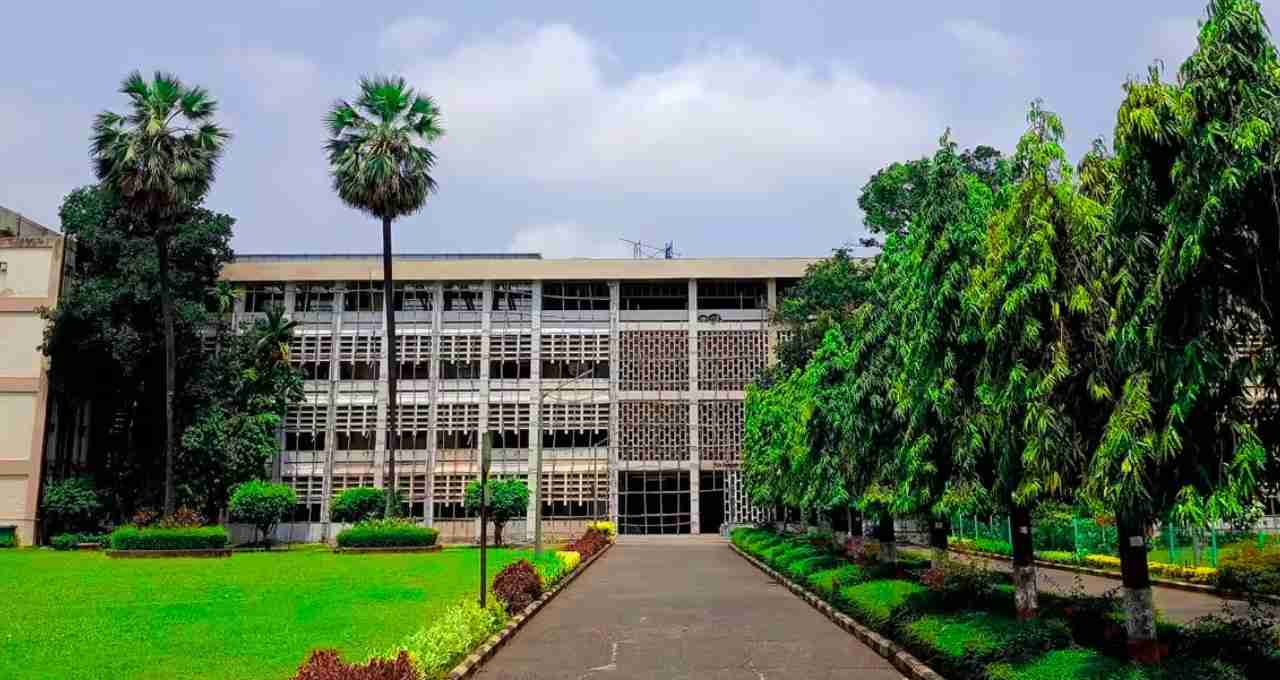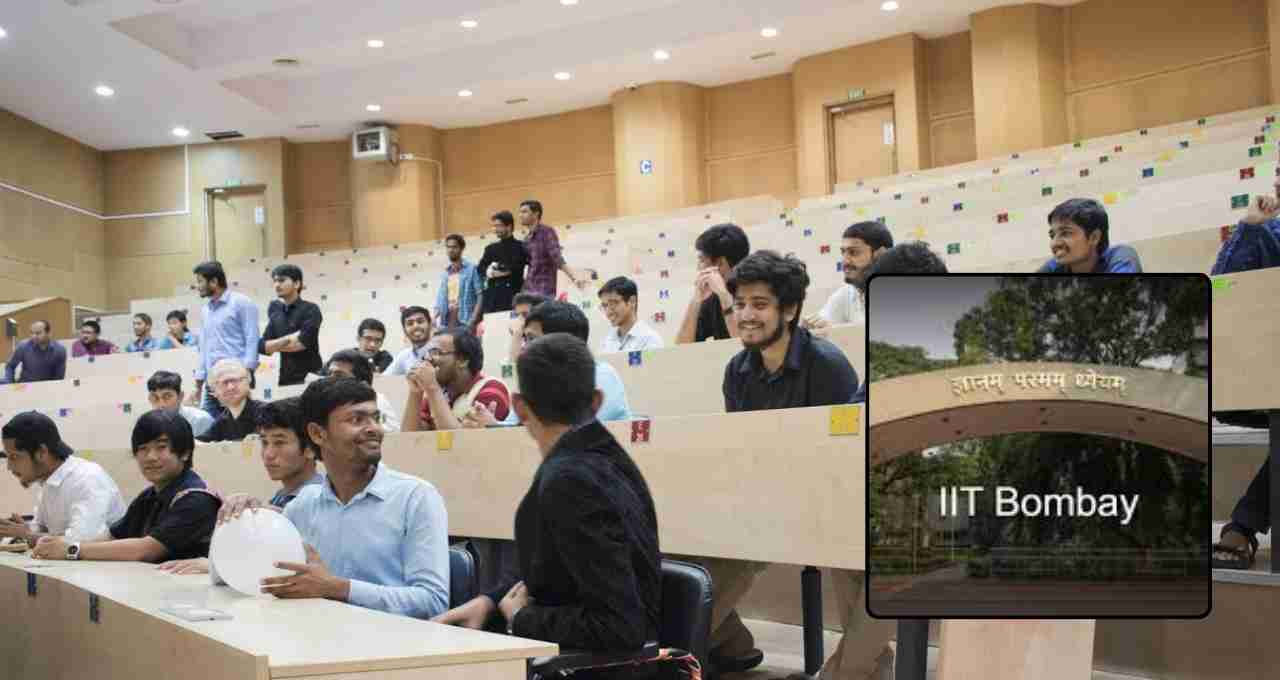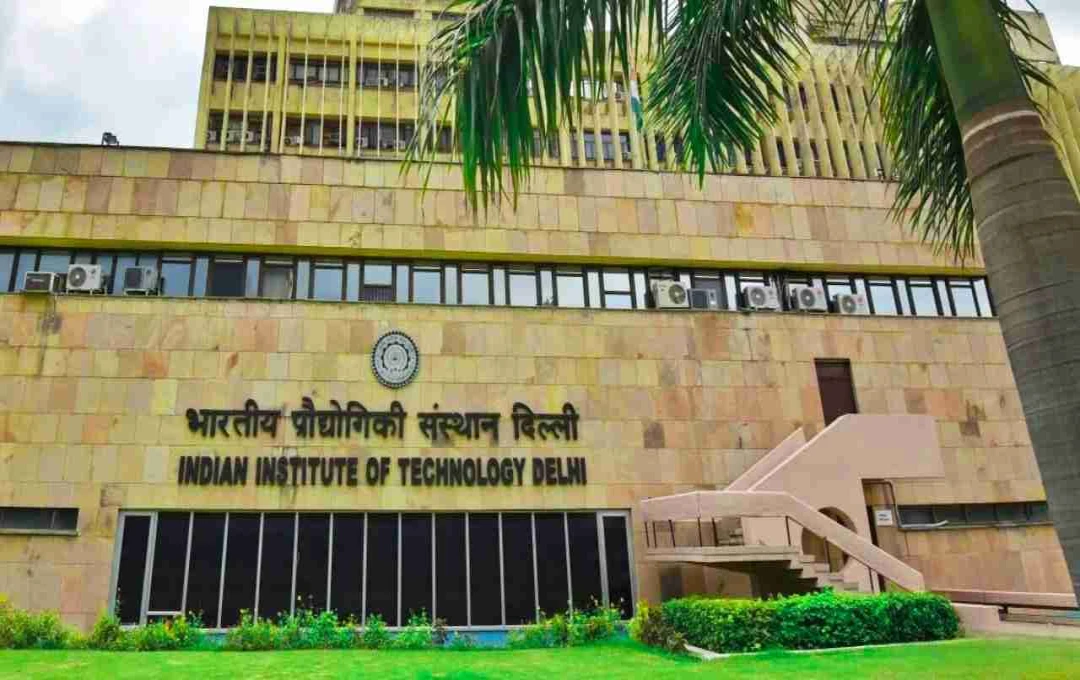JEE scores are no longer the sole criterion for admission to IITs. Students with exceptional talent in specific fields can now gain admission under a special quota.
Admission to the Indian Institutes of Technology (IITs), among the nation's most prestigious engineering institutions, will no longer solely depend on the Joint Entrance Examination (JEE). Starting with the 2025-26 academic session, five prominent IITs have announced direct admission through special channels. Students with remarkable achievements in sports, Olympiads, or the arts will now be able to study at these esteemed institutions without a JEE rank.
IITs' New Initiative: Promoting Diversity and Inclusivity in Education

This decision aligns with the goals of the New Education Policy (NEP 2020), which emphasizes identifying talent and providing opportunities based on merit. IITs aim to broaden their admissions beyond exam results, welcoming students who have excelled in other fields. This initiative will not only help talented students advance but also foster diversity and innovation within IITs.
IIT Madras: Admission through Three Special Channels
IIT Madras has taken the lead by launching three distinct channels:
Sports Excellence Admission (SEA): Students who have participated in national or international-level sports can apply through this channel. Registration is available at ugadmissions.iitm.ac.in/sea.
Fine Arts and Culture Excellence (FACE): Students excelling in music, dance, theatre, painting, or other cultural fields can gain admission to IIT Madras' undergraduate programs through this channel. Visit ugadmissions.iitm.ac.in/face for more information.
Science Olympiad Excellence (SCOPE): Students who have participated in and demonstrated excellence in national or international science Olympiads can apply through this channel. Visit ugadmissions.iitm.ac.in/scope for details.
IIT Kanpur: A New Pathway through Olympiads
IIT Kanpur has also introduced an Olympiad channel for students who have performed well in national-level Olympiads in science, mathematics, or other technical subjects.
For applications and information: pingala.iitk.ac.in/OL_UGADM/login
Eligibility Criteria:
- Applicants must not have previously gained admission to any IIT in 2024 or earlier.
- Students offered a seat through JEE or other channels must choose one option.
- Applicants must pass a computer-based test conducted by IIT Kanpur.
- IIT Gandhinagar: Discovering Technical Talent through the Olympiad Channel
IIT Gandhinagar will also offer undergraduate program admissions through an Olympiad channel. The institute aims to reach students with a deep interest and aptitude in technical and scientific fields.
Application Portal: iitgn.ac.in/admissions/btech-olympiad
IIT Bombay: Admission through the Mathematics Olympiad

IIT Bombay offers direct admission to its BS (Mathematics) program through the Indian National Mathematical Olympiad.
For more information: math.iitb.ac.in/Academics/bs_programme.php
This presents a unique opportunity for students with a b mathematical background who may not have achieved their desired JEE score.
IIT Indore: A Golden Opportunity for Sports Enthusiasts
IIT Indore plans to offer direct undergraduate admissions to students with sporting talent under the Sports Excellence Admission (SEA) scheme. Students with national or state-level achievements will be prioritized.
Application Portal: academic.iiti.ac.in/sea/
Will Eligibility Criteria be Uniform?
While JEE is not mandatory, age, year of 12th-grade completion, and other academic qualifications will remain the same as in the standard JEE (Advanced) admission process. It is also mandatory that applicants have not previously gained admission to an IIT.
The Broader Impact of This Initiative
This initiative marks a new chapter in the history of Indian technical education. Previously, only JEE scores determined IIT admissions; however, this new model allows talented students from diverse fields such as arts, sports, and science to become part of these institutions.
This will provide a new platform for students from rural areas and those with limited resources.
Increased diversity will boost innovation and creativity within the institutions.
It will offer opportunities to India's talented individuals without confining them to a single examination.










